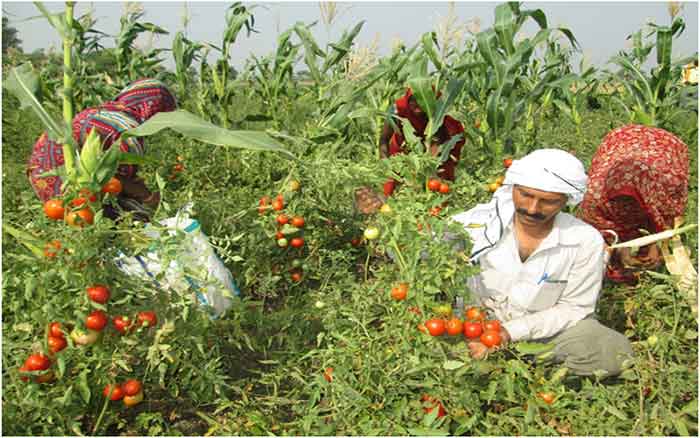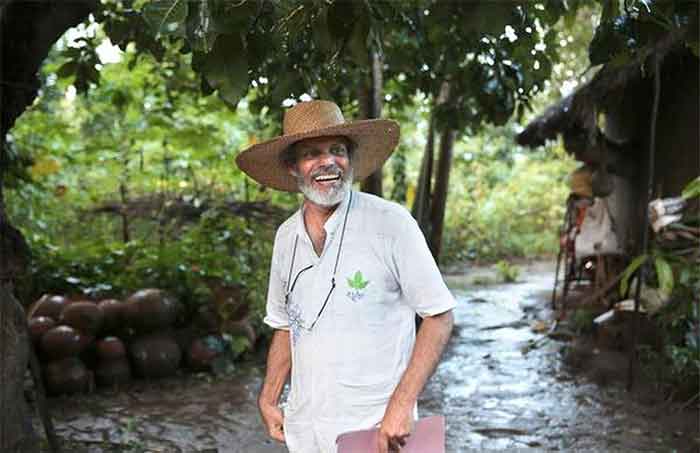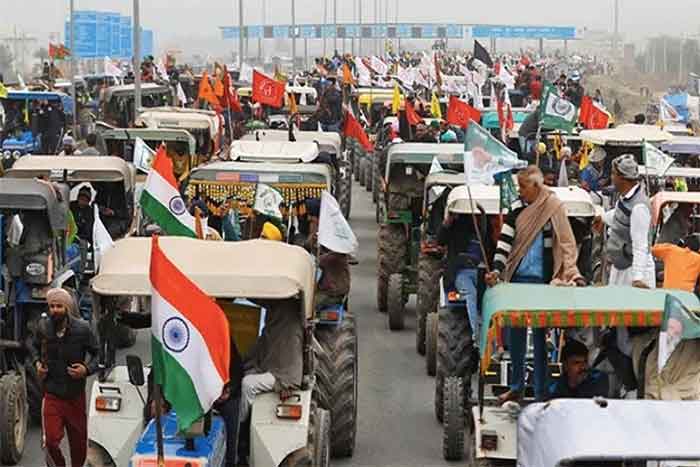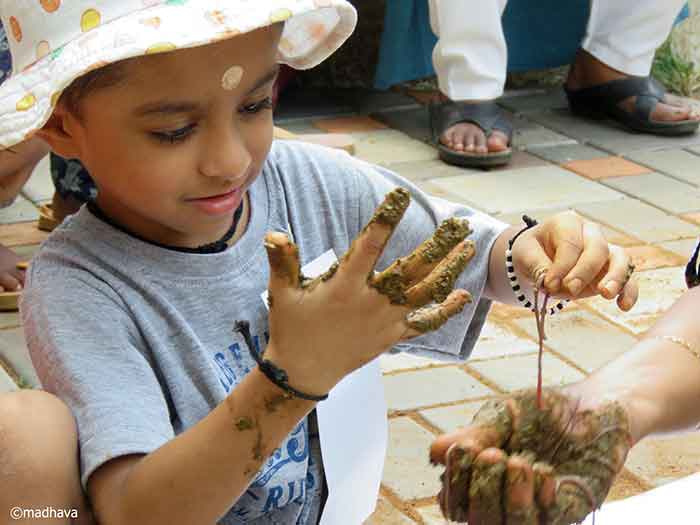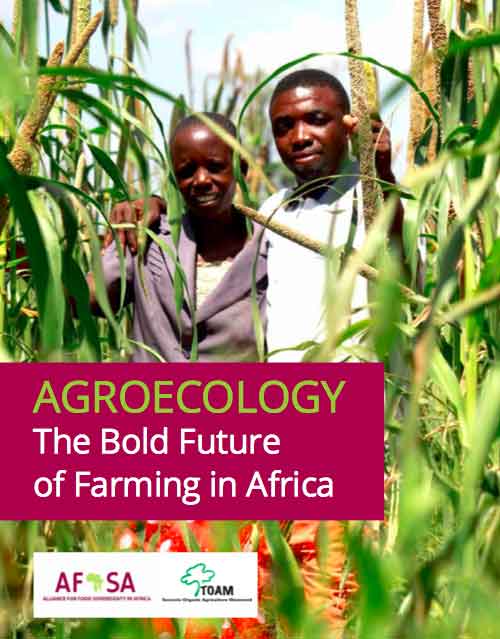
The World Food Organization and the World Food Program recently released a joint review of the world-level acute hunger situation for the period October 2022—January 2023. This review starts by mapping the countries and regions worst affected by acute hunger and just a glance at this is adequate to tell us that the hunger hot-spots are most heavily concentrated in Africa.
The most serious situation exists in vast parts of Somalia, Ethiopia, South Sudan and Nigeria. However the situation is also serious in many parts of Kenya, Madagascar, Republic of Congo, Zimbabwe, Central, African Republic, Malawi and countries of the Sahel region. What is most frightening is that several hundred thousand people are now reported to be in the category of near starvation and possibility of loss of life. Some of them are reported to face catastrophic conditions and some, like in parts of Nigeria, cannot be accessed by humanitarian organization because of conflicts or other reasons.
Of course the most urgent need just now is to rush emergency relief assistance to people so badly affected by hunger and in real risk of starvation. However on a longer-term basis it is also important to assess why farmers, pastorals, fishers and other people of Africa are finding themselves in such difficult and vulnerable conditions, where development priorities have gone wrong and what can be done to have the right priorities.
A leading organization of farmers, pastoral people and rural communities of Africa has recently issued some important statements which deserve wider attention. This is AFSA, or Alliance for Food Sovereignty in Africa, which is a network of several networks, and its constituents have a reach to nearly 20 million rural people in various countries of Africa. The Program Coordinator of this organization, Bridget Mugambe has stated, “Today the majority of the solutions put forth and funded by governments and donors to address these problems are, in the long run, making things worse. Industrial agricultural methods, dubbed ‘climate smart agriculture’, promote the use of excessive chemical inputs on plants and in the soil, carbon credit programs are being developed to legtimize pollution and to uproot communities from their land. These are just a few examples of the false solutions brought by the rich and the powerful.”
It is of great importance that an organization representing such a large number of rural people of Africa is saying that most of the solutions being offered by the governments as well as donors are false solutions. Surely the path out of hunger cannot be found as long as such serious distortions persist, particularly when the situation is becoming more difficult due to climate change.
Mugambe has emphasized that now the urgency for correcting past distortions and moving to agro-ecology has increased further due to climate change. To quote, “Africa is enduring the effects of climate change every day. It is time for both African and international leaders to listen to our demands and prioritize agro-ecology as an African-led solution to feed our communities while also adapting to climate change.”
Dr. Million Belay, AFSA General Coordinator, has provided a message of even higher hope by stating, “ Africa could feed itself many times over. But agro-ecology cannot be and must not be overlooked by the decision makers as the most effective way to build resilience and enable small-scale farmers, pastoralists and fishers to adapt to climate change.”
AFSA has used COP-27 as an appropriate venue to press for its demands. These demands have been expressed in more detail in a position paper on ‘Adaptation, Resilience and Mitigation with Agro-Ecology’. AFSA has emphasized that agro-ecology can contribute not just to adaptation but also to mitigation in the context of climate change. This point is also brought out in a book ‘The Climate Emergency—How Africa Can survive and Thrive’, which has been very recently released by AFSA. Hence despite drawing attention to serious problems also, the approach of AFSA is on the whole optimistic and positive as it confidently asserts on the basis of its grassroots experiences that it is possible for African rural communities to not just survive but also thrive if only the right policy choices are made, backed by matching allocation of resources.
The roots of hunger and famine can be traced to the slave trade and colonial plunder, as well as the neo-colonial corporate disruptions which inflicted many serious harms on farmers, pastorals and other sections of rural communities, also creating many new situations of conflicts as old systems of mutual help and harmony were broken down by these changes. Right up to present times these impacts are not only continuing but are aggravated by continuing serious distortions in policies of governments as well as donors, as explained by AFSA. This has to be checked along with conflicts and replaced with policies of peace and harmony, equality and agro-ecology.
Bharat Dogra is Honorary Convener, Campaign to Save Earth Now. His recent books include Man over Machine, A Day in 2071 and India’s Quest for Sustainable Farming and Healthy Food.

